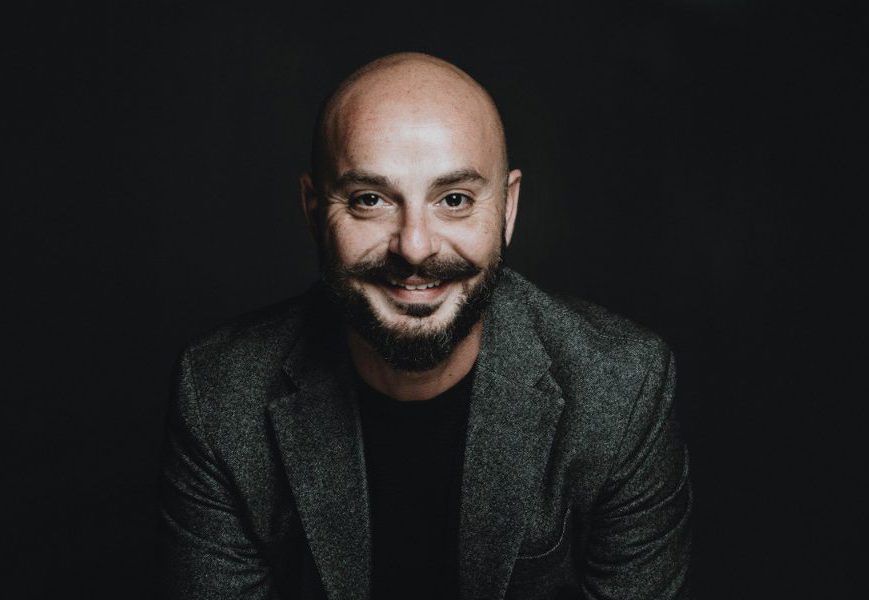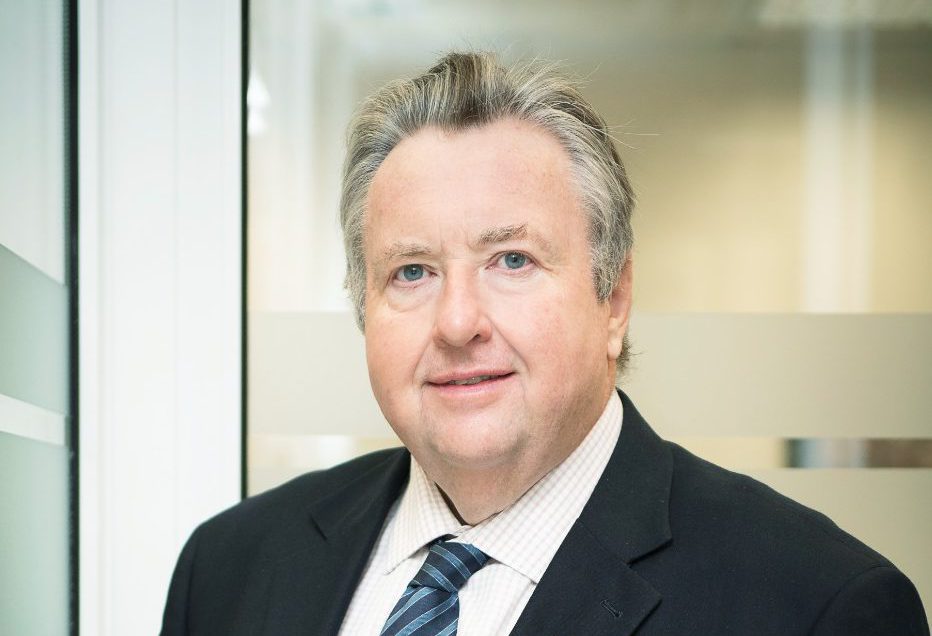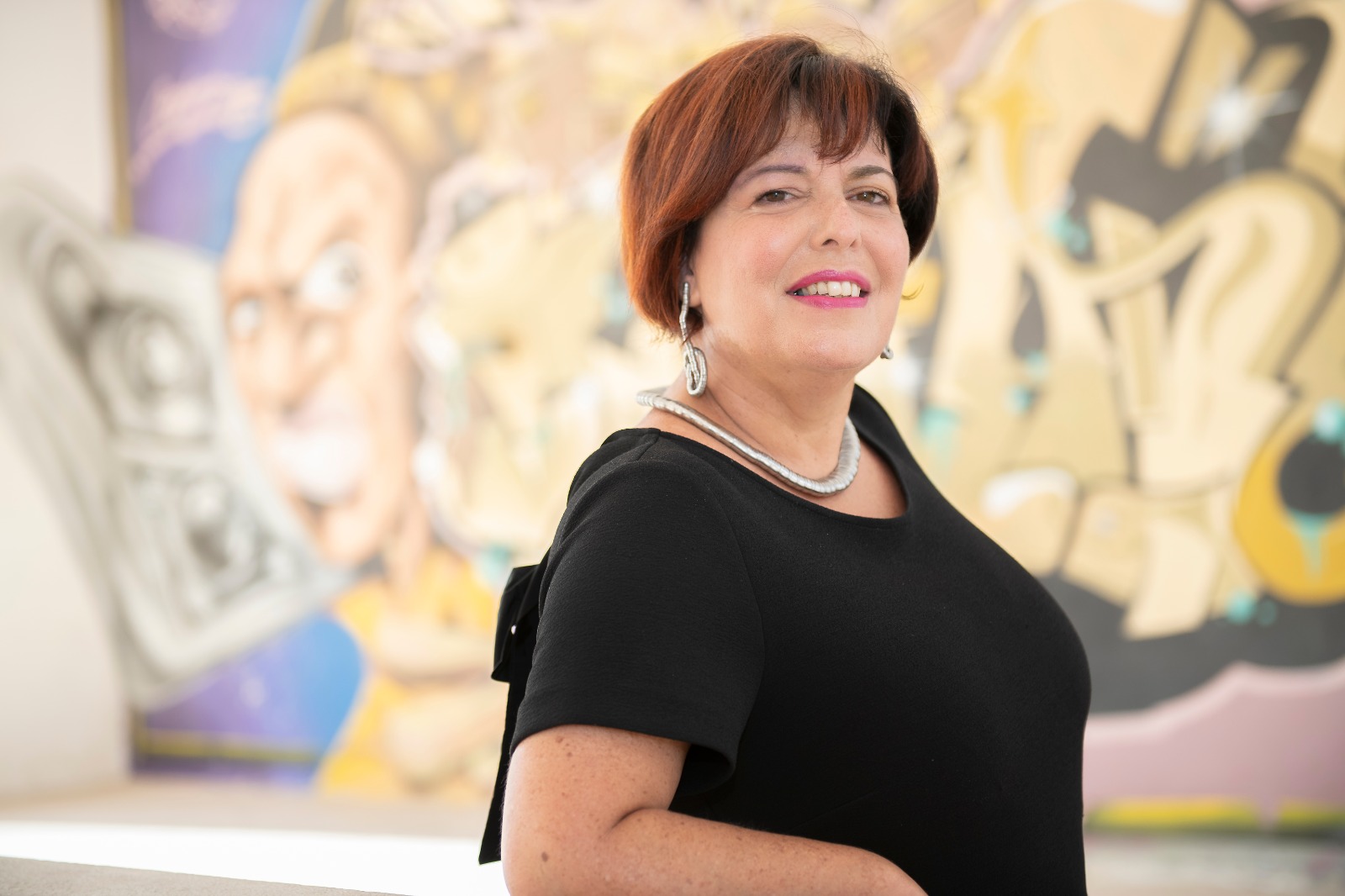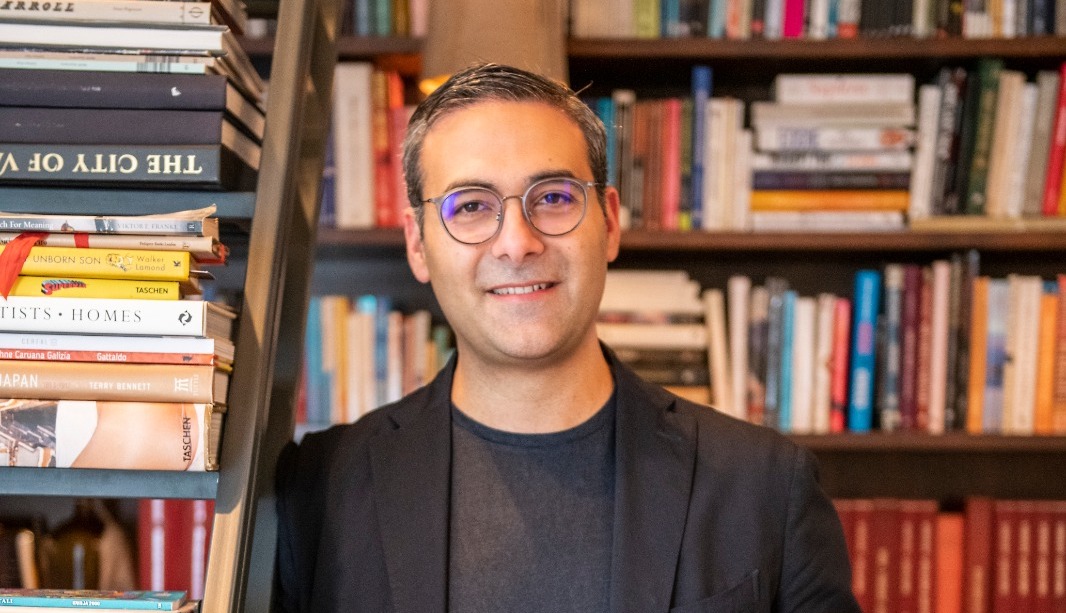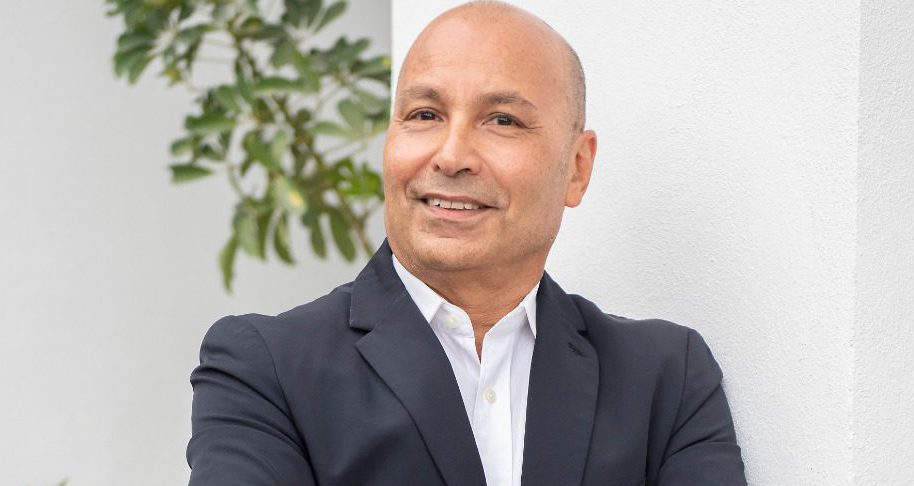Reuben Lautier’s day starts with a strong coffee, background music and pen and paper. A stone-crafter for 18 years now, the first step of his creative process involves conceptualising his ideas into a sketch.
He then proceeds to his workshop to select a piece of marble from the wonderful variety of blocks and slabs sourced from countries like Italy, India and Brazil, to begin crafting out the object of his inspiration; inspiration that is sporadic in nature, deriving from anything from a dance to a trip, and that hits him even when he’s ‘switched off’.
Growing up, Reuben initially wanted to become an engineer but his love of art didn’t subside. So, when he discovered a profession that combined the two perfectly, there was no looking back, he says, as he recalls what drew him to study architecture.
Overall, he continues, the two go hand-in-hand, and the most enjoyable aspect of both architecture and art can be summed up in one emotion: excitement derived from the inception of an idea, that in turn drives him to see the object or project through. After graduating, Reuben worked as an architect at AP for a number of years on some high-profile, largescale projects, such as the Malta Stock Exchange, the Valletta Cruise Liner Terminal, and the Manoel Theatre.
He then worked on a variety of projects, including some personal favourites, namely the Camper & Nicholsons offices in Birgu, Giuseppi’s Restaurant, and the Malta Enterprise offices, for which the team won a Din l-Art Helwa award for architectural heritage. “AP gave me my formation as an architect and a very good experience of working in a multinational team,” he says.
In a similar fashion, the foundation he needed for his stone trade was taught to him by his late father, a stone craftsman himself. “I know how to craft marble thanks to my father,” he says, recalling the days when, as a child, he used to help him in the workshop. He continued to do so even after graduating and working as a full-time architect.

Reuben’s father set up the workshop in 1984, with just one employee, and carried out regular marble works consisting mainly of stairs, floors and counter-tops. When his father passed in 2002, Reuben took over the business, naming it the Natural Stone Workshop. Today he leads a team of 15 people who design, manufacture and supply various stoneware items, and deliver projects to an array of clients, for both residential and commercial purposes.
His stonework has been showcased in prominent exhibitions, including one in Valletta in 2012, at Malta Design Week in 2014, and another in Paris in 2014. Reuben still holds to heart his very first hand-crafted marble piece – a chessboard. It took around 100 hours to complete and he now exhibits it proudly in his office.
Reuben also speaks fondly about his stone murals; one of them 31 metres in length and found at the Malta International Airport, the other a large and colourful fish scale mural, inspired by a trip to Bali, displayed at a private client’s residence. In all that he creates, whether it’s a small pestle and mortar or a mosaic wall, Reuben strives to keep the piece simple, grounded and timeless, while ensuring that traditional craftsmanship is not lost to the overuse of machinery.
“Our ethos is quality; it’s not just buying and selling material. A lot more goes into it. We dedicate time. From the sourcing and selection process to the way we curate the job, manufacture and install,” Reuben says, explaining that he believes the reason behind his company’s success is that he aims to deliver a holistic solution when it comes to the delivery of marble and stone works.
He also has the utmost respect for this natural resource, stone, which he stresses is not infinite. “I try to curate the job, reduce waste and use it in a way that is timeless,” he says. On this point, and given that he’s an architect by profession, Rueben touches upon another finite resource: limestone.
“Many limestone quarries have expired,” he says, explaining that the price of stone has shot up, and that contractors today prefer laying bricks over stone because they are lighter and faster to use as a construction method. This, however, is changing the aesthetics of the country, he laments.

“We have become greedy as a society. The amount of construction locally has exploded at the cost of our environment, and I am neither happy nor proud of this fact,” he says, adding that the focus locally has shifted from quality to quantity, both in terms of design and construction of the built environment, and argues that this practice needs to change.
In his view. this need for change was reinforced by COVID-19, as he experienced cleaner air and sea, fewer cars on the road, and an overall stronger connection to nature as a direct effect of the pandemic. “I would love to see a greener island,” he continues, referencing the importance of finally taking the country’s environmental issues more seriously.
His contribution towards this end is through the development of a series of products that promote the use of greenery both internally and externally, he shares, while he is currently also working on plans to create his own reconstituted upcycled and recycled stone, with improved properties.
Notwithstanding the onset of the pandemic, 2020 was not a bad year for him or his trade, he claims. On the contrary, people were keen to do up their homes, and he was also involved in the refurbishment of a major local hotel.
Still, one to always seize opportunities, Reuben considered this to be the opportune time to leap on the digitalisation bandwagon, and invested in the optimisation of the company’s computer hardware system in order for employees to keep working remotely, and in the upgrade of the Natural Stone Workshop’s website, to offer much more detailed information to clients, including useful blogs on a variety of related topics.
Going forward, his most imminent project is the construction of a new factory space in San Gwann, set to be completed by the end of 2021. “I would like us to become more innovative and more harmonious as a team, using new tools, and appealing more to clients,” he says, adding that he would also like to work with more professionals in other sectors and trades, particularly with like minded people who are also seeking to improve not only their quality of life but also that of others around them; a goal Reuben strives to achieve through each of his timeless pieces.
This interview is part of a serialisation of 50 interviews carried out with Malta’s top CEOs, featured in the bumper edition of MaltaCEOs 2021 publication, which was recently released. Despite the many challenges of 2020, this is the largest edition to date.
Featured Image:
Kris Micallef
‘No one has a monopoly on ideas’ – Trust Stamp CEO, Gareth Genner
With an extensive background in entrepreneurship and tech, Gareth Genner combined his passions to launch start-up company, Trust Stamp.
‘I relish the opportunity to inspire young people to learn, and to learn from them’ – Miriam Teuma
Agenzija Żghażagh provides young people with the time and space to make friends, learn new things and develop their talents.
‘People don’t work for a company, they work for a leader’ – Gege Gatt
The CEO of EBO, an artificial intelligence firm established to connect businesses with their customers through AI-based conversation automation, shares ...
‘With collaboration, perseverance and innovation, we will achieve our objectives’ – Carmel Cachia
The eSkills Malta Foundation CEO shares his mission to improve Malta’s digital skills.


